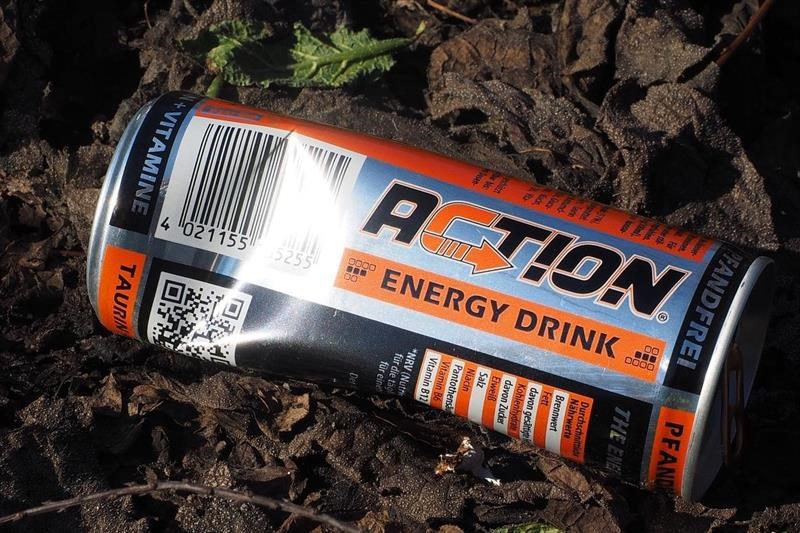Serious health risks associated with energy drinks
Published: 16/11/2017
A new review of current scientific knowledge on energy drinks finds their advertised short-term benefits can be outweighed by serious health risks.
These include risk-seeking behaviour, mental health problems, increased blood pressure, obesity and kidney damage.
The study, published in Frontiers in Public Health, also highlights the worrying trend of mixing energy drinks with alcohol. The authors recommend restricted sales to children and adolescents and setting evidence-based caffeine limits.
Last year, Maria Morgan, Senior Lecturer in Dental Public Health at Cardiff University, led a study that showed a high proportion of 12-14 year olds were regularly consuming sports drinks socially, increasing their risk of obesity and tooth erosion.
The Cardiff University School of Dentistry survey suggested that dental health professionals should be 'aware of the popularity of sports drinks with children when giving health education or advice or designing health promotion initiatives'.
As energy drink consumption continues to grow worldwide, there is a need to thoroughly examine their advertised benefits, nutritional content and any negative effects on public health.
Dr Josiemer Mattei, Assistant Professor of Nutrition based at the Harvard T.H. Chan School of Public Health, Boston, USA, who published this latest study along with a team of graduate researchers, said: 'The evidence suggests they are harmful to health and should be limited through more stringent regulation by restricting their sales to children and adolescents, as well as setting an evidence-based upper limit on the amount of caffeine."
Most energy drinks consist of similar ingredients -- water, sugar, caffeine, certain vitamins, minerals and non-nutritive stimulants such as guarana, taurine and ginseng.
Some can contain up to 100 mg caffeine per fluid ounce, eight times more than a regular coffee at 12 mg. A moderate daily caffeine intake of up to 400 mg is recommended for adults, but little research exists on tolerable levels for adolescents and children.
The health risks associated with energy drinks are mostly attributed to their high sugar and caffeine levels.
The review also highlights another worrying trend of mixing energy drinks with alcohol. Individuals who do this consume more alcohol than if they were drinking alcohol alone. It is thought energy drinks can mask the signs of alcohol inebriation, enabling an individual to consume more, increasing the likelihood of dehydration and alcohol poisoning.
Author: Julie Bissett









.jpg?width=150&height=100&scale=canvas)



